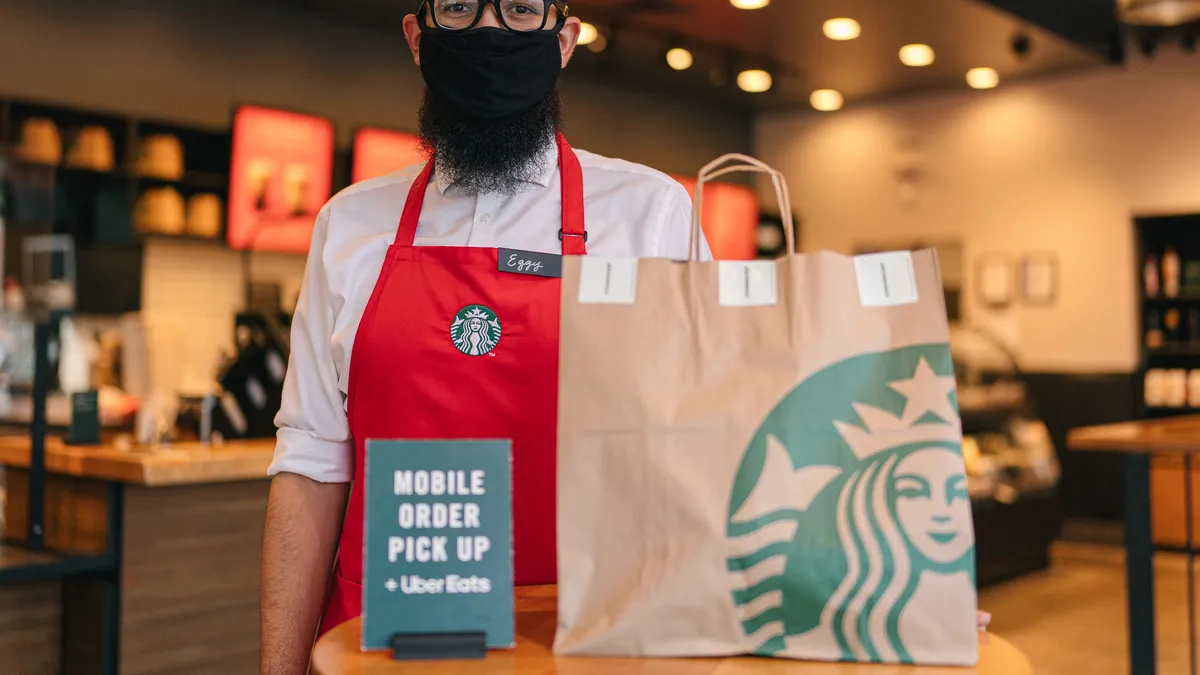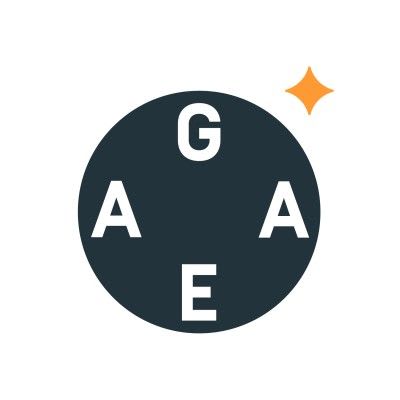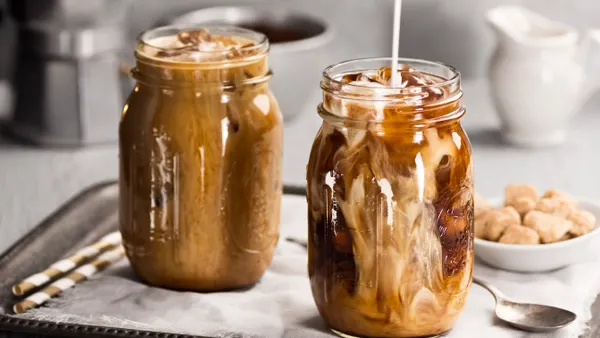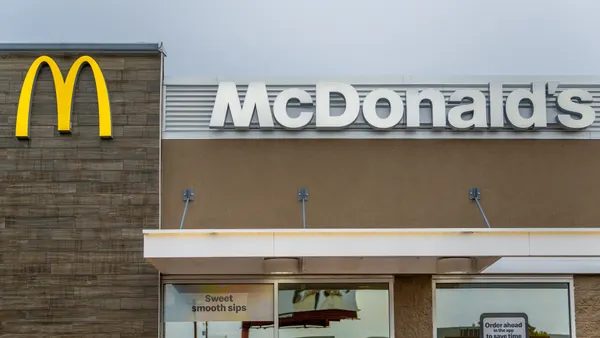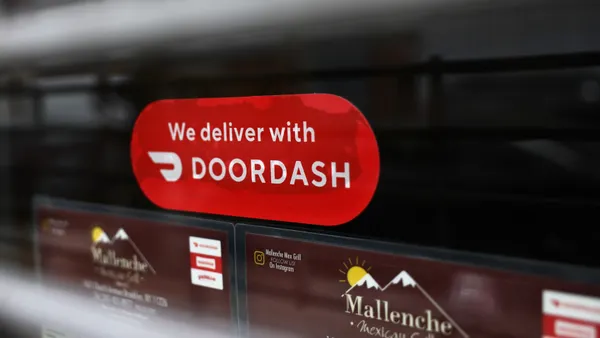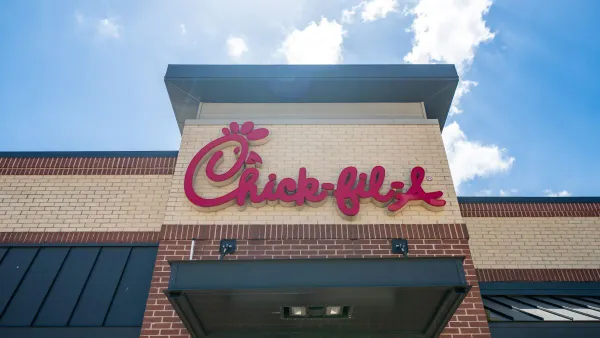Dive Brief:
- Starbucks announced in a companywide memo that its popular Happy Hour events scheduled for Dec. 17 and Jan. 7 have been canceled due to concerns over rising coronavirus cases, according to Reuters. A Dec. 3 event was also canceled. The company said it would reassess the promotion in January.
- The company started its Happy Hour promotion in 2010, offering two-for-one deals of its signature drinks from to 2 p.m. to 7 p.m. up to four times a month.
- The campaign was created to drive customers to cafes during the typically slow afternoon and evening dayparts, resulting in an 11% increase in foot traffic last year.
Dive Insight:
Starbucks has had some ups and downs with the Happy Hour promotion throughout its existence. It first launched the annual Frappuccino Happy Hour promotion in 2010, offering customers the ability the customize their cold beverage. It also leveraged the Happy Hour program to promote its Unicorn Frappuccino in 2017, which CEO Kevin Johnson called “a huge home run.”
On the other hand, Starbucks’ baristas have openly expressed grievances about the promotion, with one calling it “A barista’s worst nightmare,” in large part because of the traffic influx. With cases surging, Starbucks' decision to pull the plug temporarily on the crowd-inducing promotion is a way to help keep employees and customers safe.
The challenge, however, is that the promotion has historically been a winner for Starbucks. In the early months of the pandemic, the promotion helped offset slowed breakfast traffic caused by commuters working from home. Happy Hours were eventually suspended as dine-in restrictions went into place, but were brought back in June, Reuters reports.
Of course, Starbucks isn’t the only restaurant forced to rethink its dine-in promotions due to the pandemic. For example, Seattle area restaurants also had to readjust their Restaurant Rally promotion in October, which initially applied only to dine-in customers. Still, Starbucks Happy Hour promotion has consistently been a major traffic driver for the company, last year driving an 11% increase in foot traffic. The 6 p.m. block drove nearly 16% lifts in traffic. These numbers compared to flat traffic during non-Happy Hour times.
That said, this decision could very well impact U.S. sales, particularly during December as the chain promotes its traffic-driving holiday beverages like peppermint mocha, chestnut praline latte and eggnog latte. Starbucks could potentially make up for the temporary loss through other levers. As it has lost early morning business, for instance, its mid-mornings have picked up, and it has “outpaced recovery” during the weekends, according to its Q4 earning call. New promotions like breakfast wraps and the Impossible breakfast sandwich have also given existing customers reason to visit more frequently, CFO Pat Grismer said during the call.
Most of them are visiting through the chain's drive-thru and pickup channels, which are also driving much of its growth strategy throughout the next several years. That means the suspension of a dine-in promotion may not have as much effect as it would have last year during that double-digit uptick, and when customers were more comfortable dining in.
Also, while Starbucks Happy Hours have traditionally been a major driver of its Rewards program — offering loyalty-based discounts during the promotional window — the pandemic has since carried some of that workload, as it’s led to the acceleration of digital adoption. In Q4 alone, the company’s active Rewards member base increased by 3 million members, up 10% over the previous year. The program now drives nearly 50% of company-operated tender.


